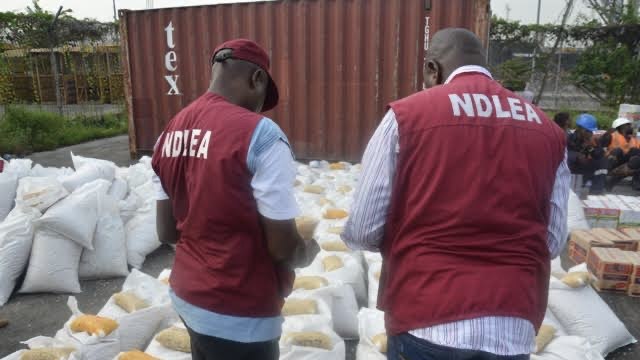IMF backs CBN on Cryptocurrency ban
The International Monetary Fund (IMF) has expressed support for the directiveof the Central Bank of Nigeria (CBN) that banks should close all accounts related to cryptocurrency transactions.
However, the IMF cautioned the Federal Government (FG) against increasing the tax rate in a bid to generate more revenue, saying, this is not the right time for such a move.
IMF Resident Representative for Nigeria, Mr Ari Aisen, stated this yesterday while speaking at a special virtual press briefing on the recently published 2020 Article IV IMF Staff Report for Nigeria.Commenting on the CBN directive on crypto currencies, he said that there is global concern for some of the uses of crypto currencies which include illegal transactions such as money laundering and drug trafficking.
According to him, many central banks in the world have taken similar policy decisions similar to the one taken by the CBN.
Debt/DGP Ratio
The Resident Rep said that Nigeria’s Debt/GDP ratio has not reached a level of overt concern, but added, it is important to ensure that the Debt to Gross Domestic Product (Debt/GDP) is not allowed to reach a level that would make it unsustainable.
He added that it is important to manage borrowed funds properly for the economic benefits of the nation.
Aisen said, “What is most important to be monitored is the ratio of debt service to revenue,’ noting that the nation’s revenue profile was very low and therefore not enough to meet budgetary expenditure provision.
“If there is one policy that has to be a top policy priority it is how to raise revenue,” he said.
Not time to raise tax rate
He however said, “this is not the right time to raise the tax rate. The government should rather strengthen its tax administration by expanding the tax base and block leakages.”
He urged the Federal Government (FG) to take more concerted steps towards the diversification of the economy, and end the dependence on oil exports as the nation’s main foreign exchange earner.
He said that the volatility of oil price has made the commodity too much of a risk for any country to depend on it for its forex earnings.
Vanguard












Post Comment